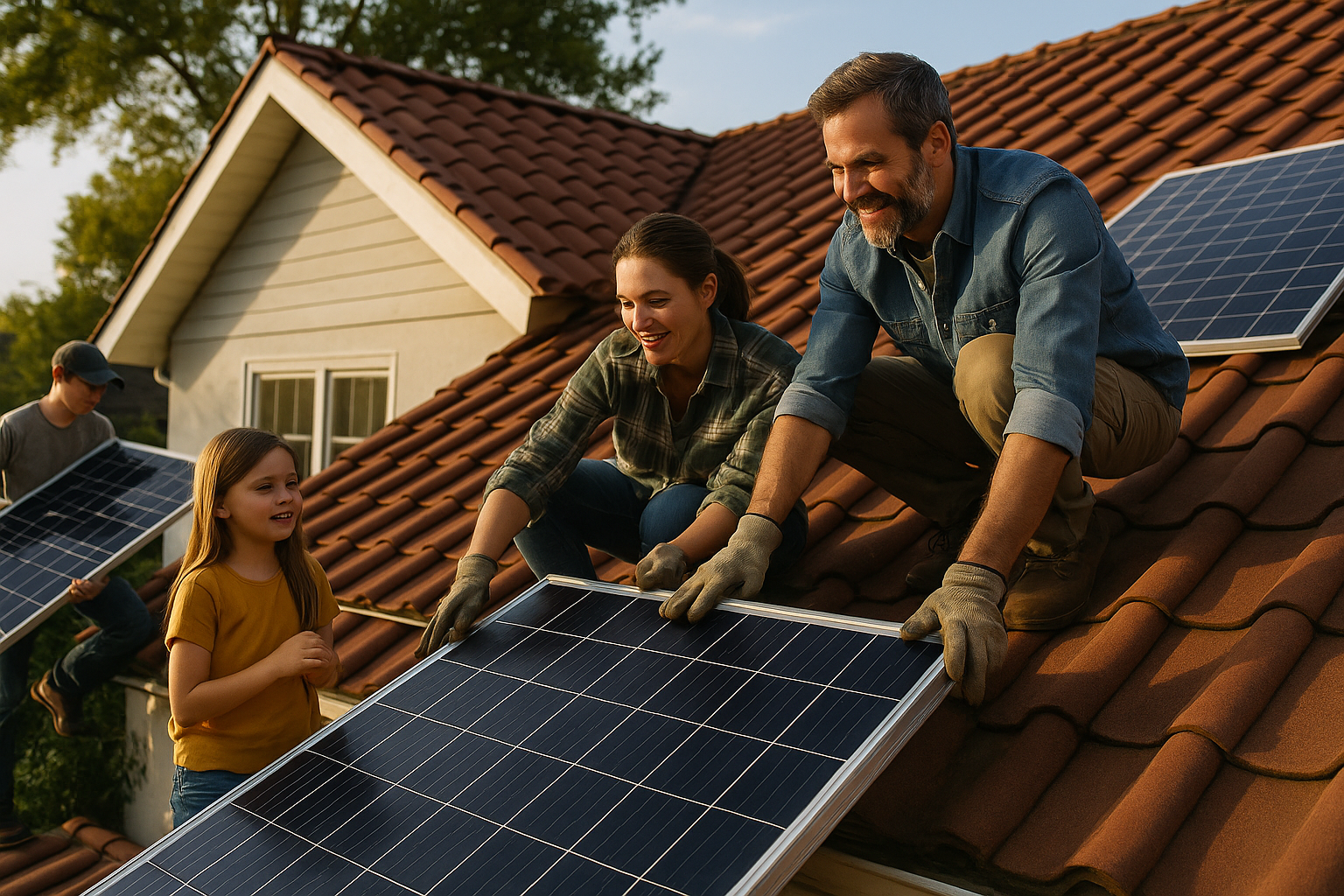Shrink Bills While Effortlessly Cutting Carbon Footprint
You’re just a few steps away from discovering how to shrink your bills while effortlessly cutting your carbon footprint, as you explore options and resources that can transform your energy consumption habits.

Understanding the Dual Benefit of Reducing Bills and Carbon Footprint
In today's world, the dual challenge of saving money and protecting the environment can feel overwhelming. However, by making smart energy choices, you can achieve both goals simultaneously. Energy efficiency not only reduces your monthly expenses but also decreases your carbon emissions, contributing to a healthier planet. This harmonious balance is more attainable than you might think, and with a little research, you can uncover a plethora of options to make this transition seamless.
Energy-Efficient Appliances: A Smart Investment
One of the most effective ways to lower your energy bills is by investing in energy-efficient appliances. These appliances use less electricity compared to their conventional counterparts, leading to significant savings over time. For instance, Energy Star certified refrigerators consume about 15% less energy than non-certified models1. Although the initial cost might be higher, the long-term savings on your utility bills make them a worthwhile investment. Additionally, many utility companies offer rebates and incentives for purchasing energy-efficient appliances, so be sure to browse options with your local providers.
Renewable Energy Sources: Harnessing Nature’s Power
Switching to renewable energy sources such as solar or wind power is an excellent way to cut down on electricity costs and reduce your carbon footprint. Solar panels, for example, can significantly lower your electricity bills by generating your own power. While the upfront cost of installation can be substantial, federal tax credits and state incentives can help offset these expenses2. Over time, the savings from reduced utility bills can outweigh the initial investment, making renewable energy a financially savvy choice.
Smart Home Technology: Efficiency at Your Fingertips
Integrating smart home technology into your daily life can also contribute to energy savings and carbon reduction. Smart thermostats, like the Nest Learning Thermostat, learn your schedule and adjust the temperature accordingly, optimizing energy use and reducing waste3. Similarly, smart lighting systems can be programmed to turn off when not in use, further decreasing energy consumption. These technologies not only enhance the comfort and convenience of your home but also lead to lower utility bills.
Insulation and Weatherproofing: Keeping the Elements at Bay
Proper insulation and weatherproofing are critical in maintaining energy efficiency in your home. By ensuring your home is well-insulated, you can prevent heat loss in winter and keep the cool air inside during summer, reducing the need for heating and cooling systems. Simple measures such as sealing windows and doors can make a significant difference in your energy consumption4. This not only saves money but also minimizes your environmental impact.
Exploring Financial Incentives and Rebates
Many governments and utility companies offer financial incentives to encourage energy efficiency. These can include rebates for energy-efficient appliances, tax credits for renewable energy installations, and discounts on energy audits. By taking advantage of these opportunities, you can reduce the financial burden of transitioning to a more sustainable lifestyle. Visit websites of local utility providers and government energy departments to see these options and find out what’s available in your area.
Incorporating these strategies into your lifestyle not only helps you save money but also contributes to a more sustainable future. As you explore the options and resources available, remember that every small change can have a significant impact. By following these steps, you can enjoy the benefits of reduced bills and a smaller carbon footprint, all while contributing to a healthier planet.